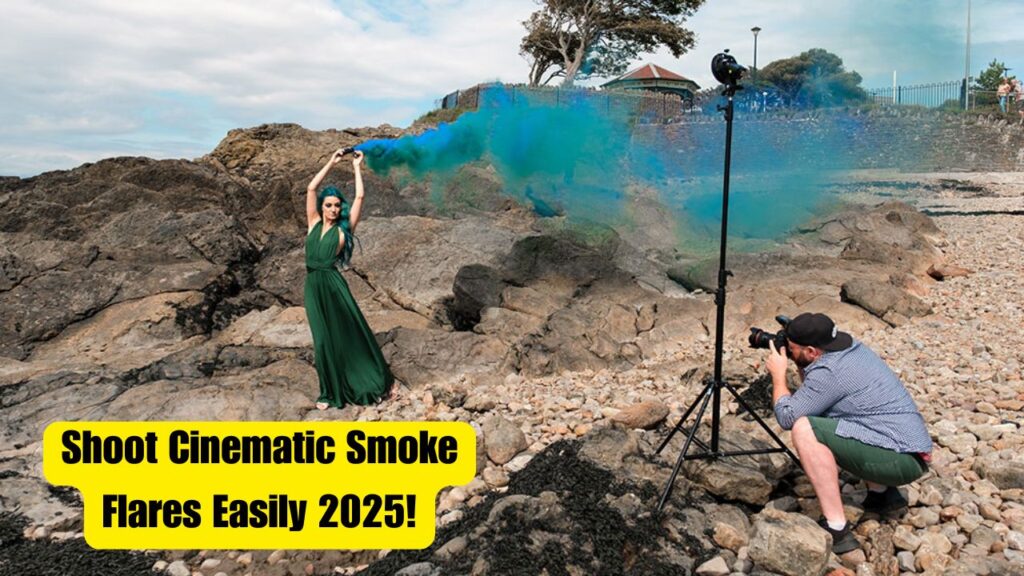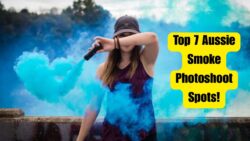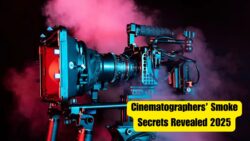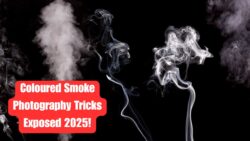Cinematic Videos – Creating cinematic videos in 2025 has become more creative and visually powerful than ever before, and one of the most trending tools among filmmakers and content creators is the use of smoke flares. In countries like Australia, the USA, and the UK, videographers are increasingly using colored smoke flares to add drama, emotion, and atmosphere to their scenes. Whether you’re filming a wedding, a music video, or an action sequence, smoke flares can completely transform your visuals—if you know how to use them safely and effectively. This guide explains everything step-by-step for 2025 shooters.

How to Use Smoke Flares Safely for Australian Shooters
Safety is the most important aspect when using smoke flares in Australia. These devices contain chemicals that produce thick colored smoke and heat, so they must be handled carefully. Always use smoke flares in open, ventilated outdoor areas—never indoors or near flammable objects. Australian creators should check local regulations before lighting flares, as some states restrict their use in dry seasons due to fire hazards. Wearing gloves and keeping a water source nearby is also recommended. Understanding wind direction will ensure the smoke moves naturally across your frame, enhancing your cinematic look.
Choosing the Right Smoke Flare Colors for Cinematic Videos in the USA
Color selection plays a major role in determining the mood of your cinematic videos. In the USA, creators often use blue and orange combinations for contrast, while red and black smoke are popular for dramatic or intense scenes. Lighter shades like white, pink, or teal can make romantic or aesthetic shots feel softer and dreamier. Always test your color combinations before shooting, as lighting conditions and camera settings can change how smoke appears on screen. The goal is to match your flare colors with your video’s tone and storyline for consistent visual storytelling.
| Smoke Flare Color | Best Scene Type | Duration | Safety Tip |
|---|---|---|---|
| Red | Action or Drama | 60–90 seconds | Keep 2m distance |
| Blue | Music or Calm Scene | 45–60 seconds | Avoid windy areas |
| Orange | Outdoor Adventure | 60–90 seconds | Check wind direction |
| White | Wedding or Romance | 40–60 seconds | Use gloves while holding |
| Black | Thriller or Horror | 70–100 seconds | Don’t inhale smoke |
Best Smoke Flare Shooting Techniques for UK Filmmakers
For UK-based filmmakers, timing and camera positioning are key to achieving cinematic results with smoke flares. Plan your shots ahead of time, as most flares last only one to two minutes. Have your camera ready before igniting the flare, and capture multiple angles while the smoke is thick and vibrant. Using slow-motion or wide shots can amplify the effect. Avoid windy or rainy days, as unpredictable weather can ruin your frame. Many UK professionals use stabilizers or drones to enhance smoke-filled sequences for an elevated cinematic experience.
Creative Smoke Flare Ideas for Australian Videographers
Australian videographers can elevate storytelling by using smoke flares creatively in different scenarios. For instance, place flares behind subjects for glowing silhouettes during golden hour, or use multiple colors to represent emotions in short films. Smoke flares also work brilliantly in music videos, fashion shoots, and event highlights. The key is experimentation—combining movement, light, and smoke layers to achieve the perfect cinematic look. Always plan your scene with a backup flare and assistant ready to control timing and direction for smooth, professional results.
Frequently Asked Questions (FAQs)
1. Are smoke flares legal to use in Australia?
Yes, but users must check state fire safety laws and only use them in open outdoor spaces.
2. How long does a smoke flare last?
Most handheld smoke flares last between 45 and 90 seconds depending on size and brand.
3. Can smoke flares damage camera lenses?
No, as long as you keep the flare at a safe distance and avoid direct smoke contact with the lens.
4. What are the best times to film with smoke flares?
The best times are early morning or late afternoon when natural light enhances the smoke texture and color.




